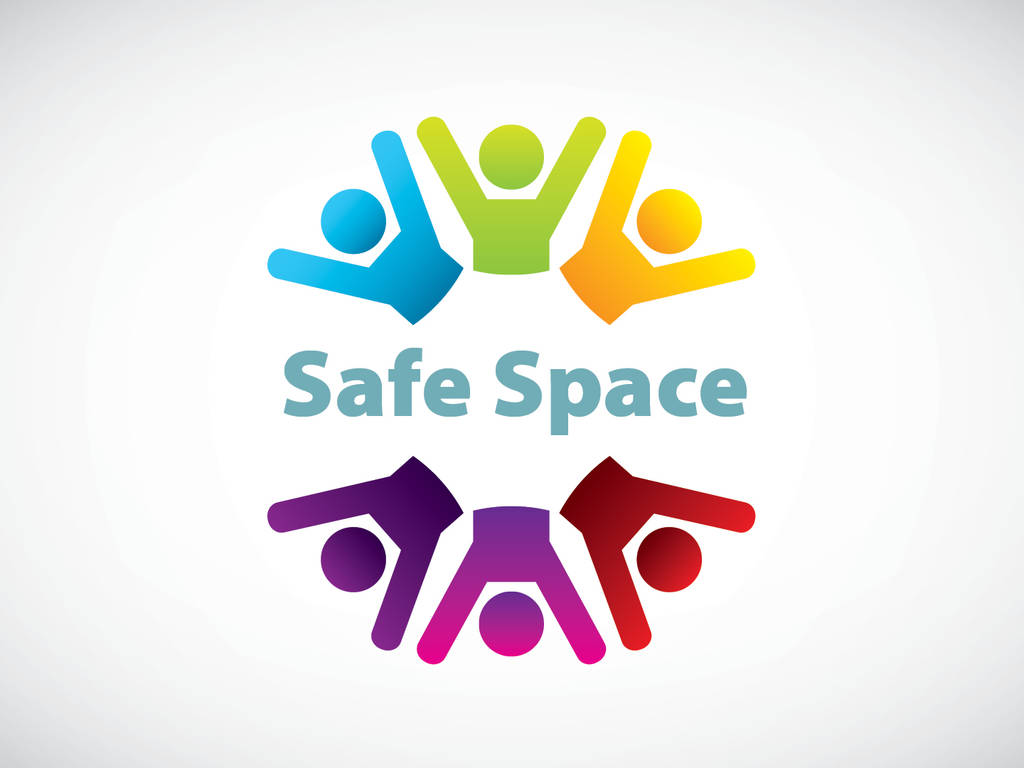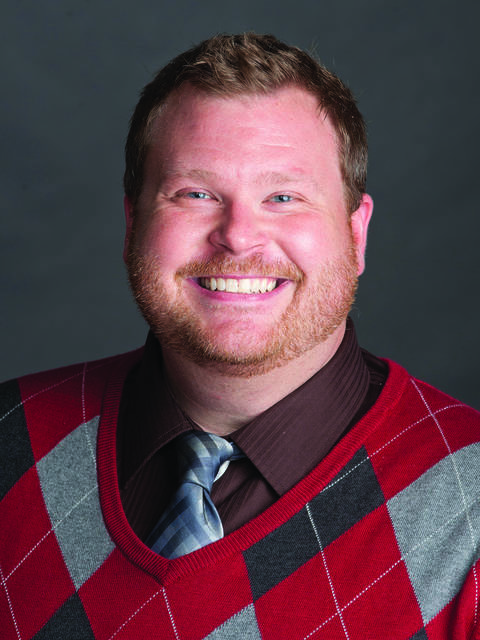In this virtual training, learn about creating safe, inclusive spaces at work, school, and in your community. Gain an understanding of key terms surrounding safe spaces and LGBTQIA+ while exploring your own identity and become more self-aware.
| Related Program |
|---|
Acknowledge and learn what it takes to create Safe, Inclusive Spaces
What are safe spaces? Safe spaces are places where a person or a group of people can feel comfortable that they will not be exposed to discrimination or harassment.
Safe Spaces have become a focus of conversation whether it be in campus climates at educational institutes or organizations looking to foster a sense of inclusion. Amidst the sometimes contentious debate, one fact remains: exploring one’s own identities and how they implicitly and explicitly interact with others is key to self‐awareness, increased productivity, and equitable environments.
This safe space training focuses on people who are LGBTQIA+ and the diverse, complex communities this acronym represents. Research shows when supported in the classroom/school/workplace, people who are LGBTQIA+ exhibit far less anxiety, depression, and suicidality. Moreover, supportive environments result in overwhelmingly positive outcomes: people who are LGBTQIA+ miss less school or work, are more productive and earn higher grades.
Safe spaces allow marginalized people to be heard and to contribute more freely. This safe space training caters to varying levels of experience. Whether unpacking the LGBTQIA+ acronym for the first time, further honing your skills as an ally or someone who identifies as part of the LGBTQIA+ community, we will work together to curate sustainable change–one safe space at a time.
Some terms and topics we will discuss include:
- Social justice and creating sustainable change
- LGBTQIA+
- Pronouns
- Gender identify, gender expression, sexual orientation, and gender roles
- Erasure
- Intersectionality, power, and oppression
- The queer legal landscape
- Allyship
- Resources

Who should attend
Business and organization employees and supervisors, educators, social workers, other human health services employees, health care providers
Instructors
-

Dr. Christopher Jorgenson (he/him/his) has worked in various capacities at UW-Eau Claire throughout the last 16 years, helping to strategize and implement policies and programs serving marginalized student populations. Under his leadership, UW-Eau Claire has been ranked #3 nationally and for several years has been ranked #1 statewide for LGBTQIA+ inclusion and student experience. He has chaired multiple committees, and regularly teaches in the College of Business, Honor’s, Academic Success, and the department of Race, Ethnicity, Gender, and Sexuality Studies. He collaborates with campus and community partners to educate and advocate, developing numerous programs that meet the needs of the greater Chippewa Valley and surrounding region. Jorgenson's approach to social justice advocacy prioritizes critical self-reflection, embracing discomfort, and developing cultural humility. He often emphasizes the importance of balance, carving out opportunities to celebrate communities whose identities are too often denigrated and marginalized. Dr. Jorgenson received his Ed.D. in Student Affairs Administration and Leadership, with a focus on underrepresented student populations within higher education, and regularly travels throughout the United States to speak on issues of queerness, power, oppression, privilege, and intersectionality.